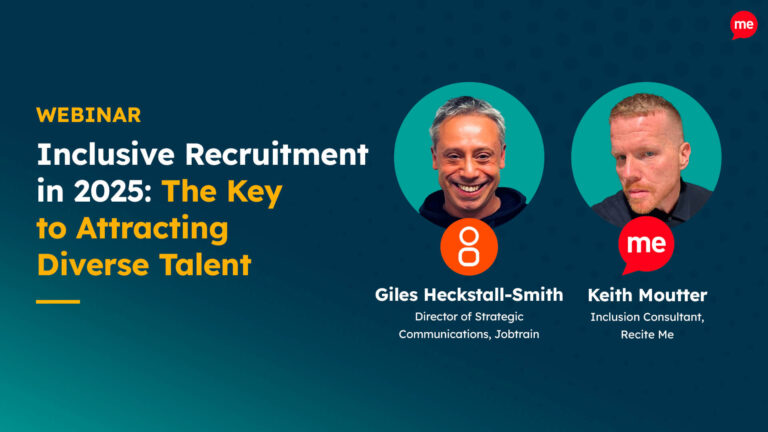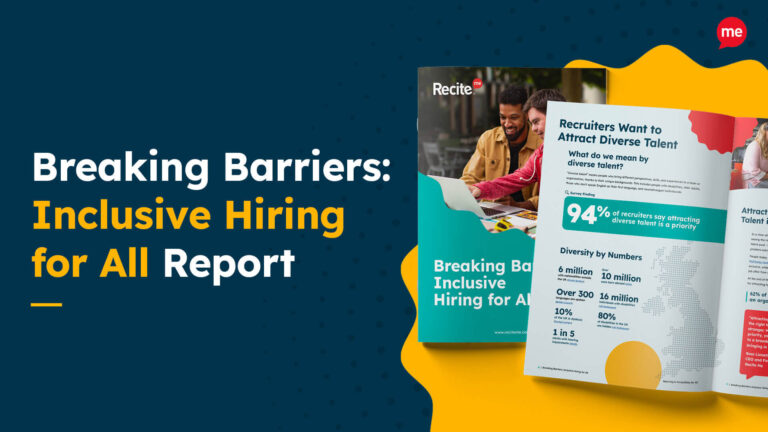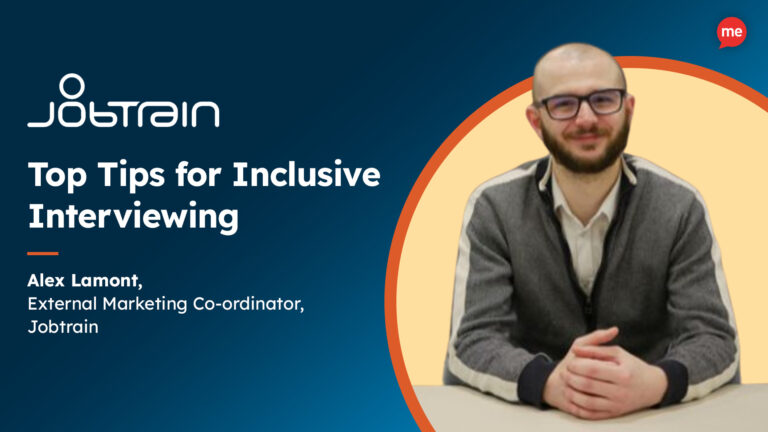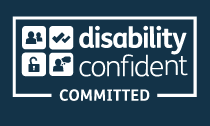By Robin Christopherson, Head of Digital Inclusion, AbilityNet
It’s no secret that much of the recruitment process is now done online. From posting job adverts on websites and social media to online skills assessments and application forms, job applicants now need to be able to access the web to get hired.
For example, the LinkedIn Talent Solutions Global Recruiting Trends 2018: The 4 Ideas Changing How You Hire report was a global survey of more than 8000 recruiters. According to the findings nearly six out of ten recruiters across the world said they now use online skills assessments when recruiting candidates.
But what if a job applicant can’t access a website as part of the recruitment process because it’s inaccessible? It’s a major issue and one which I’ve spent much time trying to help change.
AbilityNet Champions Digital Inclusion
I’m Head Of Digital Inclusion for national digital accessibility charity AbilityNet, which was asked to provide input into the government’s Work & Pensions Select Committee’s Assistive Technology Inquiry at the end of January.
AbilityNet helps people of any age and with any disability to use technology to achieve their goals at home, at work and in education.
We do this by providing specialist advice services and free information resources that help people navigate through the maze of choices to successfully use assistive technology to access the digital world.
Inaccessible websites stop disabled people finding jobs
This gives us a unique insight into the barriers that disabled people face to access digital information and services such as inaccessible websites, which disabled jobseekers often face.
As AbilityNet’s written submission to the committee explained:
“Much of recruitment is now online; the problem is that inaccessible websites and online application systems remain a big barrier for disabled people looking for a job.
“Over 90% of websites, for example, don’t even meet single-A compliance with the WCAG (Web Content Accessibility Guidelines) set by the World Wide Web consortium (W3C), whereas the legal minimum is AA (a higher standard than single A and lower than top compliance level AAA).”
Reasonable adjustments and The Equality Act 2010
In my oral evidence to the committee I talked about the role of assistive technology in removing barriers to work for disabled people, including how employers can identify and make reasonable adjustments.
Reasonable adjustments (physical and digital) are required under the Equality Act 2010, and they require every employer to make the recruitment process and the job role itself accessible to disabled people.
Whilst inaccessible websites pose a challenge for disabled job applicants, so does the fear within recruiters who don’t understand how to assess and implement reasonable adjustments.
This often leads to disabled job applicants being overlooked, even if they’ve managed to access the application and recruitment process.
Clear Talents™ offers a simple solution
I also outlined for the committee the unique approach of Clear Talents™, which is an online service developed by The Clear Company in partnership with AbilityNet. It automates the process of identifying reasonable adjustments for an employer’s candidates and workforce.
By doing this it maximises diversity of hire and helps more disabled people into the workplace. This is badly needed if the government wants to hit its target of getting one million more disabled people into employment over the next ten years.
AbilityNet is currently campaigning for employers to do more to comply with The Equality Act 2010 by making the necessary reasonable adjustments for disabled employees and job applicants.
To refer back to AbilityNet’s written submission to the committee: “We don’t need new laws to help disabled people, but a high-profile shift to enforcement of existing legislation could have a significant impact on the landscape.”
We believe Clear Talents™ is a great tool employers can use to achieve this, along with using assistive technology like Recite Me to help make their websites accessible for disabled people.
Book your free DEMO of Recite Me today
100’s of organisations already use Recite Me to make their websites more accessible to everyone – book your free demo now.






